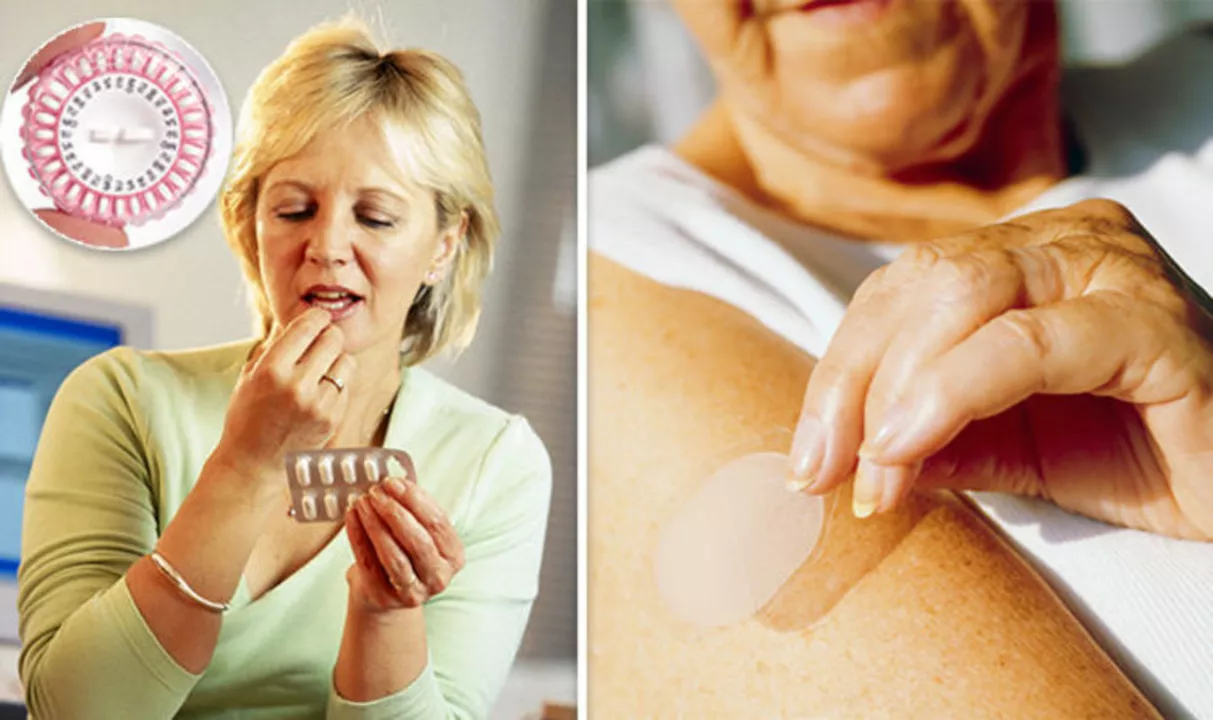Menopause: What It Is, How It Feels, and How to Manage It
If you’re hearing the word "menopause" a lot lately, you might be wondering what really goes on during this phase. In simple terms, menopause marks the end of monthly periods and the body’s shift away from producing most estrogen and progesterone. Most people notice it between ages 45 and 55, but timing can vary.
Typical signs include hot flashes, night sweats, mood swings, trouble sleeping, and a slower metabolism. Some also feel less interest in sex or notice dry skin. These changes happen because hormones that once regulated many body systems are dropping fast.
Quick Ways to Ease Hot Flashes and Night Sweats
A hot flash can feel like an unexpected wave of heat rushing through your face and chest. To dial it down, try layering clothing so you can peel off a layer quickly. Keeping the bedroom cool—around 65°F (18°C)—helps night sweats stay manageable. A fan or open window works wonders.
Limit caffeine, alcohol, and spicy foods because they tend to trigger flashes. Even small adjustments, like swapping coffee for tea in the afternoon, can cut down on episodes.
Treatment Options: From Hormones to Natural Choices
Hormone replacement therapy (HRT) is a common prescription that adds estrogen back into your system. It’s effective for many, but it isn’t right for everyone. Talk with a doctor about your health history before starting HRT.
If you prefer non‑prescription routes, look at phytoestrogen foods such as soy, flaxseed, and lentils. Regular exercise—especially strength training—supports bone density, which can weaken after menopause.
Supplements like vitamin D, calcium, and magnesium are also worth considering to keep bones strong. Remember that a balanced diet rich in fruits, vegetables, lean protein, and whole grains provides the nutrients you need without extra pills.
Mental health matters too. Mood swings and anxiety often improve with mindfulness practices, short walks, or talking to friends who understand what you’re going through. If feelings of sadness linger, a therapist can help you find coping tools.
When should you see a doctor? Schedule an appointment if hot flashes disrupt daily life, if you notice unexpected bleeding, or if bone‑related pain shows up. A simple blood test can confirm hormone levels and guide treatment choices.
In short, menopause isn’t a one‑size‑fits‑all event. By tracking your symptoms, adjusting lifestyle habits, and seeking professional advice when needed, you can move through this stage with confidence and comfort.
Midodrine and Menopause: A Potential Treatment Option
As a blogger, I've recently stumbled upon a fascinating topic - the potential use of Midodrine as a treatment option during menopause. Menopause can be a challenging time for many women, with symptoms like hot flashes, mood swings, and fatigue affecting daily life. Midodrine, a drug typically used to treat low blood pressure, has shown promise in alleviating some of these symptoms. Through further research and clinical trials, Midodrine could become a viable treatment option for menopausal women seeking relief from their symptoms. As always, it's essential to consult with a healthcare professional before trying any new treatments.
© 2026. All rights reserved.

